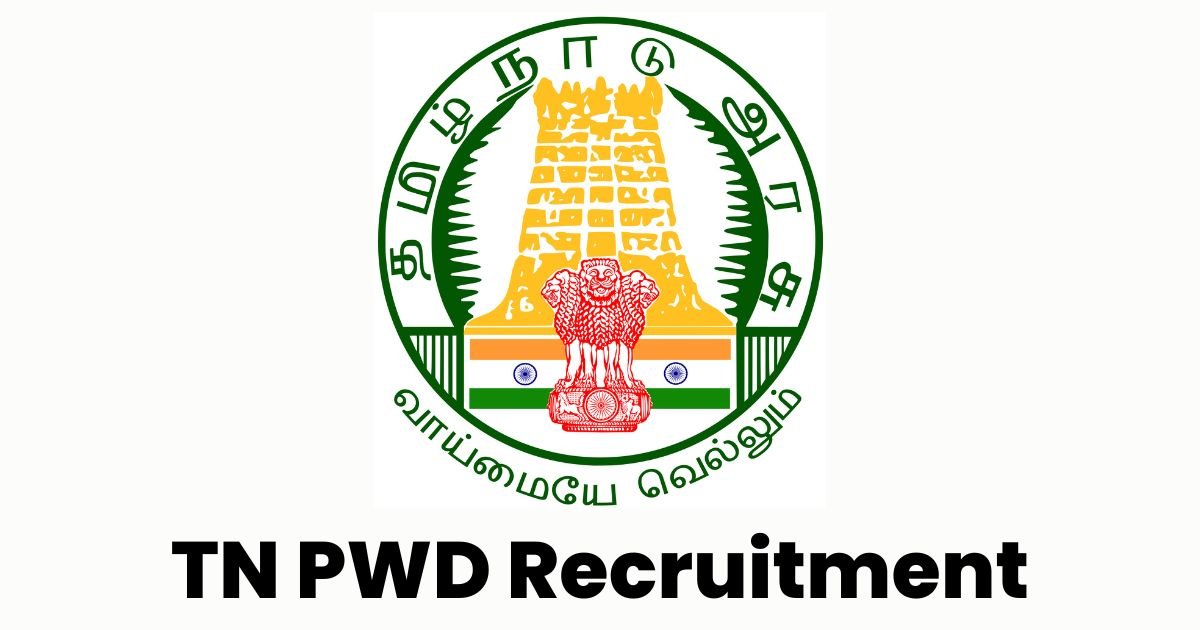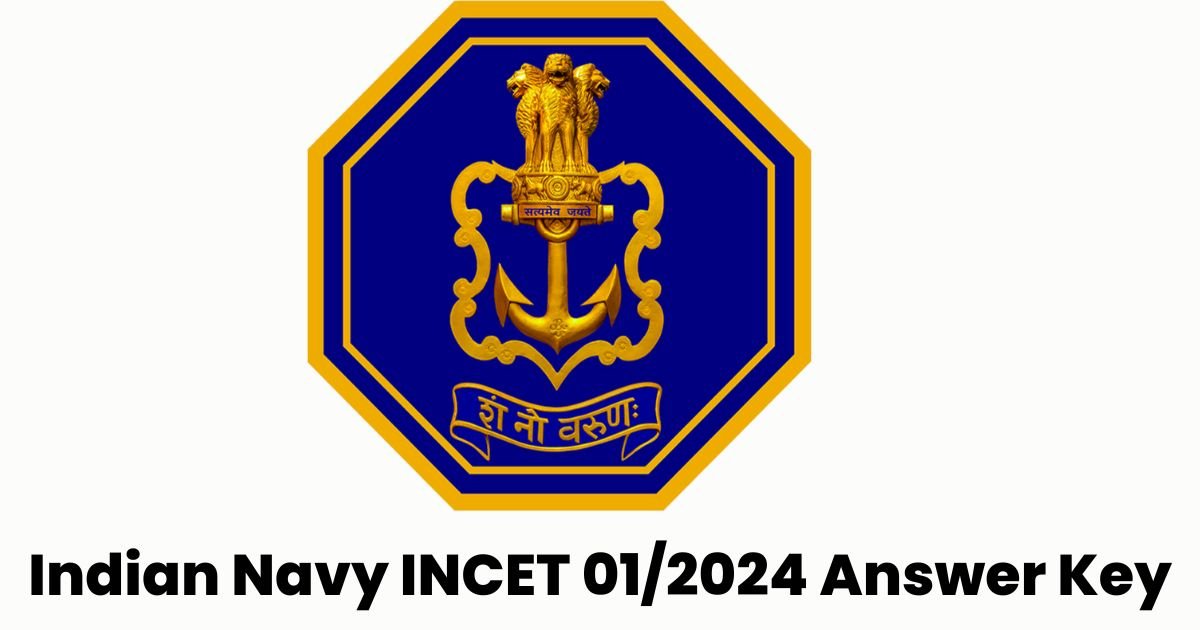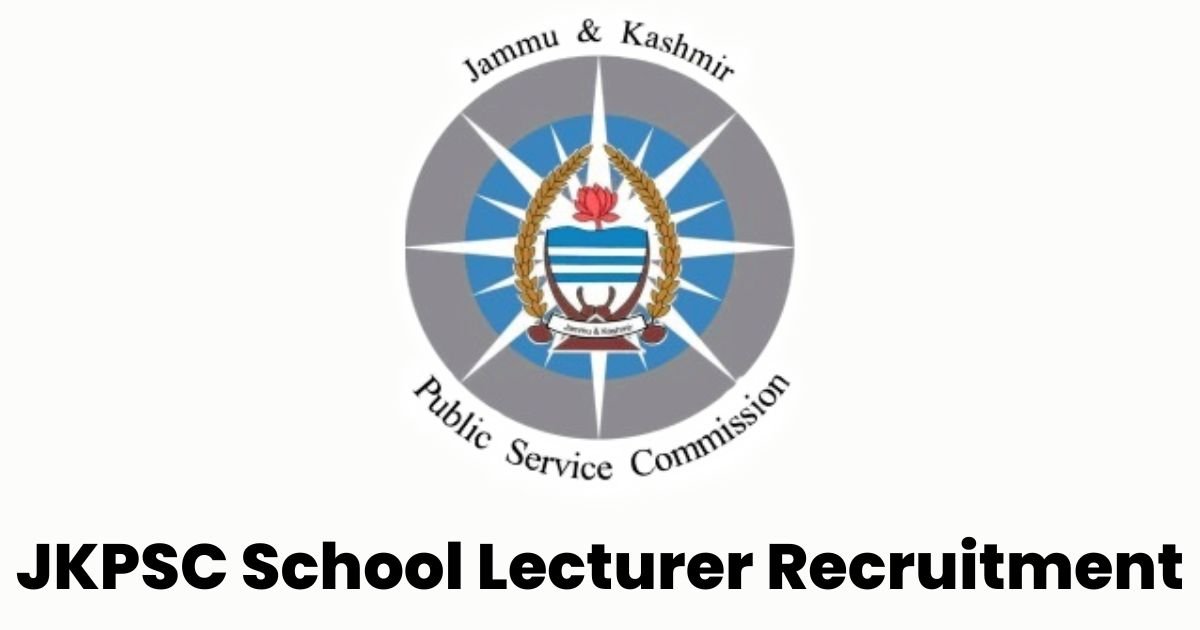SGLC Law – Recruitment, Result, Admit Card, Answer Key, Cut Off & Merit List News
Get Latest SGLC Recruitment Details on SGCLaw.in. Check SGLC Recruitment Eligibility Criteria, Answer Key, Result, Admit Card and Job Notification PDF Download.
Sikkim Government Law College (SGLC), located in the picturesque city of Gangtok, is a premier institution dedicated to providing quality legal education in Northeast India. Established with the vision of nurturing competent legal professionals who can contribute meaningfully to society, SGLC has carved a niche for itself in the field of legal academia. This comprehensive guide delves into the various facets of the college, including its history, academic programs, faculty, campus life, and more, offering valuable insights for prospective students and educators alike.
Introduction to Sikkim Government Law College
Sikkim Government Law College, established in 1980, stands as a beacon of legal education in the northeastern region of India. The college is committed to fostering a dynamic learning environment that emphasizes critical thinking, ethical practices, and professional excellence. With a mission to produce legal practitioners who are not only proficient in law but also sensitive to societal needs, SGLC has been instrumental in shaping the careers of numerous legal professionals.
The college’s emphasis on a holistic education model ensures that students are well-versed in theoretical knowledge while also gaining practical experience through internships and moot court activities. By integrating traditional legal studies with contemporary issues, SGLC prepares its students to navigate the complexities of modern legal systems.
Historical Background
The inception of Sikkim Government Law College can be traced back to the early 1980s, a period marked by a growing need for specialized legal education in the region. Recognizing this necessity, the Government of Sikkim established SGLC with the objective of providing accessible and high-quality legal education to students from diverse backgrounds.
Over the years, the college has evolved significantly, expanding its academic offerings and enhancing its infrastructure. The institution has continually updated its curriculum to reflect changes in the legal landscape, incorporating new areas of law such as cyber law, environmental law, and human rights. This adaptability has ensured that SGLC remains at the forefront of legal education, producing graduates who are equipped to meet the challenges of a dynamic legal environment.

Campus Location and Infrastructure
Nestled in the serene hills of Gangtok, the capital city of Sikkim, the college offers a tranquil and conducive environment for academic pursuits. The campus is strategically located, providing easy accessibility while maintaining an atmosphere free from the distractions of urban chaos.
Key Features of the Campus:
- Recreational Areas: Understanding the importance of extracurricular activities, the campus includes sports facilities and common rooms where students can unwind and engage in various recreational pursuits.
- Library: The college boasts a well-stocked library with an extensive collection of legal texts, journals, periodicals, and online databases. This resource center is crucial for students and faculty engaged in research and academic work.
- Lecture Halls: Modern lecture halls equipped with audio-visual aids facilitate interactive learning. The classrooms are designed to accommodate a significant number of students without compromising on comfort.
- Moot Court Hall: A dedicated moot court hall provides students with a simulated courtroom environment, essential for practical training in litigation and advocacy skills.
- Computer Lab: With the increasing importance of technology in legal research, the college has established a computer lab with internet access, allowing students to utilize digital resources effectively.
- Hostel Facilities: SGLC provides separate hostel accommodations for male and female students. The hostels are equipped with necessary amenities, including dining facilities, recreational areas, and security services.
Courses Offered at SGLC
Sikkim Government Law College offers a range of undergraduate and postgraduate programs designed to cater to the diverse interests and career goals of students.
Undergraduate Programs
- Bachelor of Laws (LL.B.) – 3 Years: This program is intended for graduates from any discipline who wish to pursue legal studies. It provides a comprehensive understanding of various fields of law, preparing students for legal practice or further academic pursuits.
- Integrated B.A. LL.B. – 5 Years: This integrated program combines a bachelor’s degree in arts with a law degree. It covers subjects from humanities and social sciences alongside core legal studies, fostering a multidisciplinary approach essential in today’s interconnected world.
Postgraduate Programs
- Master of Laws (LL.M.) – 2 Years: The postgraduate program allows students to specialize in specific areas of law such as Constitutional Law, Criminal Law, Corporate Law, and Environmental Law. The LL.M. program emphasizes research and analytical skills, preparing students for careers in academia, research, or specialized legal practice.
Diploma and Certificate Courses
In addition to degree programs, SGLC offers diploma and certificate courses in niche areas like:
- Cyber Law
- Human Rights Law
- Intellectual Property Rights
These courses are designed for legal professionals seeking to enhance their knowledge or for individuals interested in specific legal domains
Faculty and Academic Excellence
The faculty at Sikkim Government Law College comprises a blend of seasoned academicians, legal practitioners, and researchers who bring a wealth of knowledge and experience to the classroom. Their dedication to teaching and mentorship is reflected in the college’s consistent academic achievements.
Faculty Highlights:
- Experienced Professors: Many faculty members hold doctoral degrees and have published extensively in national and international journals. Their expertise covers a broad spectrum of legal fields.
- Guest Lecturers: The college frequently invites distinguished legal professionals, judges, and scholars to deliver guest lectures, providing students with insights into practical aspects of law and contemporary legal issues.
- Research Initiatives: Faculty members actively engage in research projects, often collaborating with governmental and non-governmental organizations. Students are encouraged to participate in these projects, enhancing their research skills and understanding of real-world legal challenges.
Teaching Methodology:
- Continuous Assessment: Regular assessments through assignments, presentations, and tests ensure that students remain engaged and receive timely feedback on their progress.
- Interactive Learning: Emphasis is placed on interactive teaching methods, including case studies, group discussions, and presentations, fostering critical thinking and effective communication skills.
Admission Process
The admission process at Sikkim Government Law College is designed to be transparent and merit-based, ensuring that deserving candidates have the opportunity to pursue legal education.
Steps to Apply:
- Application Form Submission: Prospective students can obtain the application form from the college’s official website or administrative office. The completed form must be submitted along with the required documents and application fee within the stipulated deadline.
- Entrance Examination: Applicants are required to appear for an entrance examination conducted by the college. The exam assesses the candidate’s aptitude for legal studies, including logical reasoning, general awareness, and language proficiency.
- Merit List and Counseling: Based on the entrance exam scores, the college releases a merit list. Shortlisted candidates are called for counseling sessions, where they receive guidance on course selection and complete the admission formalities.
Important Dates:
- Application Start Date: Usually in May
- Entrance Exam Date: Typically in June
- Merit List Announcement: By July
- Commencement of Classes: August
Applicants are advised to check the official college website for the most current information regarding dates and procedures.
Eligibility Criteria
To be eligible for admission to the various programs offered by SGLC, candidates must meet the following criteria:
For LL.B. (3-Year Program):
- Educational Qualification: Graduation in any discipline from a recognized university.
- Minimum Marks: Generally, a minimum of 45% aggregate marks in the qualifying examination. A relaxation of 5% is provided for candidates from reserved categories.
For B.A. LL.B. (5-Year Integrated Program):
- Educational Qualification: Completion of 10+2 or equivalent examination from a recognized board.
- Minimum Marks: At least 50% aggregate marks in the qualifying examination. Reserved category candidates may be eligible for relaxation as per government norms.
For LL.M. (2-Year Program):
- Educational Qualification: An LL.B. degree from a recognized university.
- Minimum Marks: Typically, a minimum of 55% in the LL.B. program, with relaxations applicable for reserved categories.
Other Requirements:
- Age Limit: There may be an upper age limit for certain programs, as per Bar Council of India regulations.
- Language Proficiency: Proficiency in English is essential, as the medium of instruction is English.
Candidates are encouraged to review the detailed eligibility criteria provided in the admission brochure or on the college website.
Syllabus and Curriculum Highlights
The curriculum at Sikkim Government Law College is carefully structured to provide a comprehensive legal education that balances theoretical knowledge with practical skills.
Core Subjects:
- Constitutional Law: Study of the Indian Constitution, fundamental rights, directive principles, and the functioning of the government.
- Criminal Law: In-depth understanding of the Indian Penal Code, Criminal Procedure Code, and related legislations.
- Civil Law: Examination of laws governing civil matters, including contracts, torts, property, and family law.
- Corporate Law: Overview of laws related to corporate entities, including company law, securities regulation, and corporate governance.
- Environmental Law: Exploration of legal frameworks addressing environmental protection and sustainable development.
Elective Subjects:
Students have the option to specialize in areas of interest by choosing electives such as:
- Cyber Law: Legal issues related to information technology, digital transactions, and cybercrimes.
- Intellectual Property Rights: Protection of creations of the mind, including patents, copyrights, and trademarks.
- Human Rights Law: Study of national and international human rights instruments and their enforcement.
Practical Training:
- Moot Court Sessions: Regular moot court competitions simulate real court proceedings, enhancing advocacy skills.
- Internships: Mandatory internships with law firms, courts, NGOs, or corporate legal departments provide hands-on experience.
- Legal Aid Clinics: Participation in legal aid services allows students to engage with the community and understand grassroots legal issues.
Assessment Methods:
- Presentations: Oral presentations on legal topics help develop communication skills and confidence.
- Examinations: Semester-end examinations test students on their understanding of subjects.
- Assignments and Projects: Research assignments and project work encourage independent study and critical analysis.
Student Life at SGLC
Student life at Sikkim Government Law College is vibrant and enriching, offering a balance between academic pursuits and personal development.
Academic Environment:
- Collaborative Learning: Students are encouraged to work together on projects and study groups, fostering a sense of community.
- Faculty Accessibility: Open-door policies allow students to seek guidance and mentorship from faculty members.
Cultural Diversity:
- Inclusivity: The college attracts students from various regions and backgrounds, promoting cultural exchange and understanding.
- Festivals and Events: Celebrations of cultural festivals and college events enhance the social experience.
Campus Activities:
- Clubs and Societies: Various student-run clubs focus on debating, literature, sports, and arts, providing avenues for extracurricular engagement.
- Workshops and Seminars: Regular workshops on legal skills, career development, and emerging legal issues supplement classroom learning.
Community Engagement:
- Environmental Initiatives: The college promotes sustainability practices and environmental conservation efforts within the campus and beyond.
- Outreach Programs: Students participate in legal awareness camps, literacy programs, and social initiatives, contributing to societal development.
Extracurricular Activities
Understanding the importance of a well-rounded education, SGLC offers a plethora of extracurricular activities that cater to diverse interests.
Debate and Oratory:
- Debate Club: Encourages students to engage in discussions on legal and social issues, honing critical thinking and public speaking skills.
- Elocution Competitions: Provide platforms for students to express their views articulately.
Moot Court Competitions:
- Intra-College Moots: Regular competitions within the college prepare students for external events.
- National and International Moots: Students represent SGLC in prestigious moot court competitions, gaining recognition and accolades.
Sports and Recreation:
- Sports Facilities: Facilities for sports like basketball, football, badminton, and table tennis promote physical fitness.
- Annual Sports Meet: A highlight event that fosters team spirit and healthy competition.
Cultural Activities:
- Cultural Fest: An annual event featuring music, dance, drama, and art exhibitions, showcasing students’ talents.
- Workshops: Sessions on theater, music, and arts conducted by professionals enhance creative skills.
Placement Opportunities
Sikkim Government Law College is committed to facilitating successful career paths for its graduates through robust placement support.
Placement Cell:
- Career Guidance: The placement cell provides counseling on career options, higher studies, and competitive examinations.
- Workshops: Training on resume writing, interview skills, and professional etiquette prepares students for the job market.
- Networking Opportunities: Interaction with alumni and industry professionals expands students’ professional networks.
Recruitment Drives:
- Campus Placements: Law firms, corporate legal departments, NGOs, and government agencies participate in campus recruitment.
- Internship to Employment: Many students secure job offers through internships that lead to permanent positions.
Notable Recruiters:
- Judicial Services: Graduates often succeed in judicial service examinations, becoming judges and magistrates.
- Law Firms: Regional and national law firms offering positions in litigation, corporate law, and consultancy.
- Corporate Houses: Companies seeking legal advisors for compliance, contracts, and policy formulation.
Scholarships and Financial Aid
To ensure that financial constraints do not hinder deserving students, SGLC offers various scholarships and financial assistance programs.
Government Scholarships:
- Merit-Based Scholarships: Awarded to students with outstanding academic performance.
- Need-Based Assistance: Financial aid for economically disadvantaged students to cover tuition fees and living expenses.
- Reserved Category Scholarships: Special provisions for students belonging to Scheduled Castes, Scheduled Tribes, and Other Backward Classes.
Institutional Support:
- Fee Concessions: Partial or full waiver of tuition fees for students facing financial hardships.
- Book Grants: Provision of funds or resources to help students acquire necessary study materials.
Application Process:
- Deadlines: Students should adhere to application deadlines specified by the college or scholarship authorities.
- Documentation: Applicants must submit proof of income, academic records, and other relevant documents.
Affiliations and Accreditations
Sikkim Government Law College holds affiliations and accreditations that validate its commitment to quality education.
Affiliation:
- Sikkim University: The college is affiliated with Sikkim University, ensuring that its academic programs meet university standards and guidelines.
Recognition:
- Bar Council of India (BCI): SGLC is recognized by the BCI, which allows its graduates to enroll as advocates and practice law across India.
Accreditations:
- National Assessment and Accreditation Council (NAAC): The college is in the process of accreditation by NAAC, aiming to benchmark its educational practices against national standards.
Collaborations:
- MOU with NGOs: Partnerships with non-governmental organizations facilitate student involvement in legal aid and social justice initiatives.
- Academic Partnerships: SGLC collaborates with other educational institutions and legal organizations for academic exchanges, seminars, and research projects.
Key Achievements of SGLC Students
The students of Sikkim Government Law College have consistently demonstrated excellence in various domains.
Academic Excellence:
- University Toppers: SGLC students frequently secure top positions in university examinations.
- Research Publications: Contributions to reputed legal journals and presentations at conferences reflect their scholarly abilities.
Moot Court Successes:
- National Competitions: Teams from SGLC have won accolades in national moot court competitions, showcasing their advocacy skills.
- Best Memorials and Speakers: Individual students have received awards for outstanding written submissions and oral arguments.
Judicial Services:
- Successful Alumni: Many graduates have cleared judicial service examinations and are serving as judges and magistrates in various courts.
Social Impact:
- Policy Advocacy: Involvement in policy research and advocacy has influenced legislative developments at local and regional levels.
- Legal Aid Contributions: Students have made significant impacts through legal aid clinics, assisting underprivileged communities in accessing justice.






